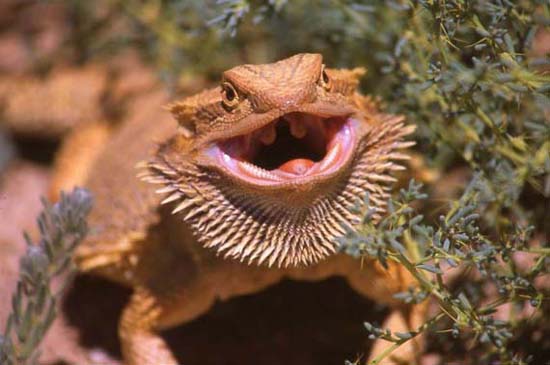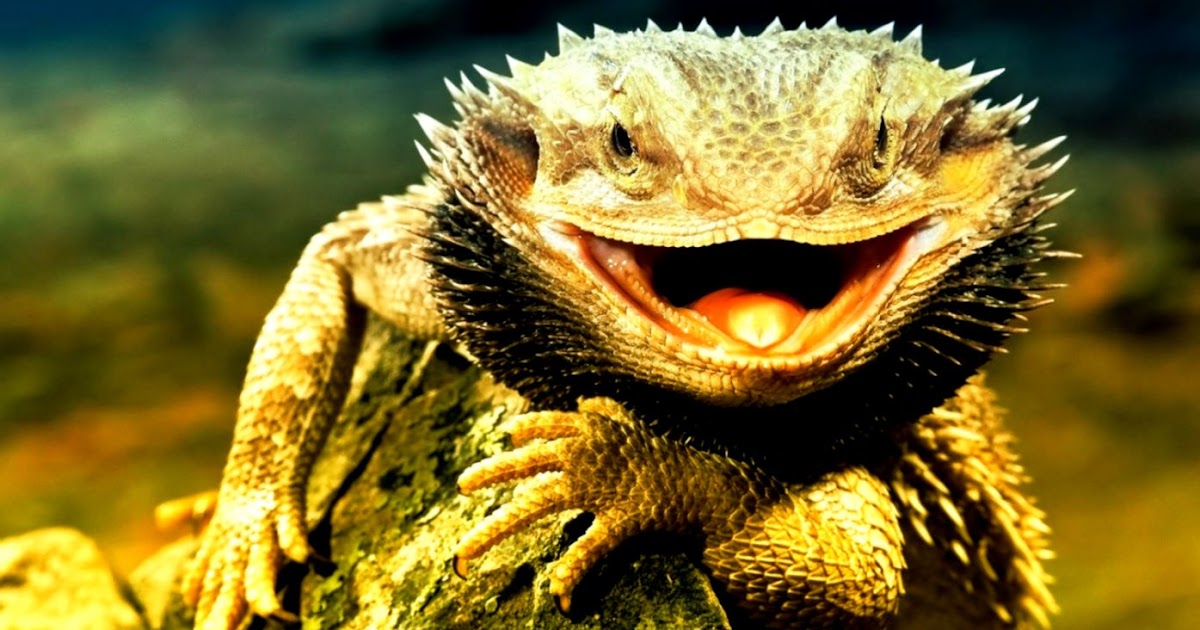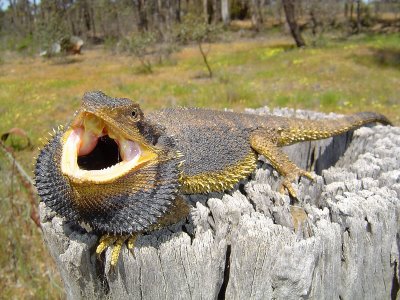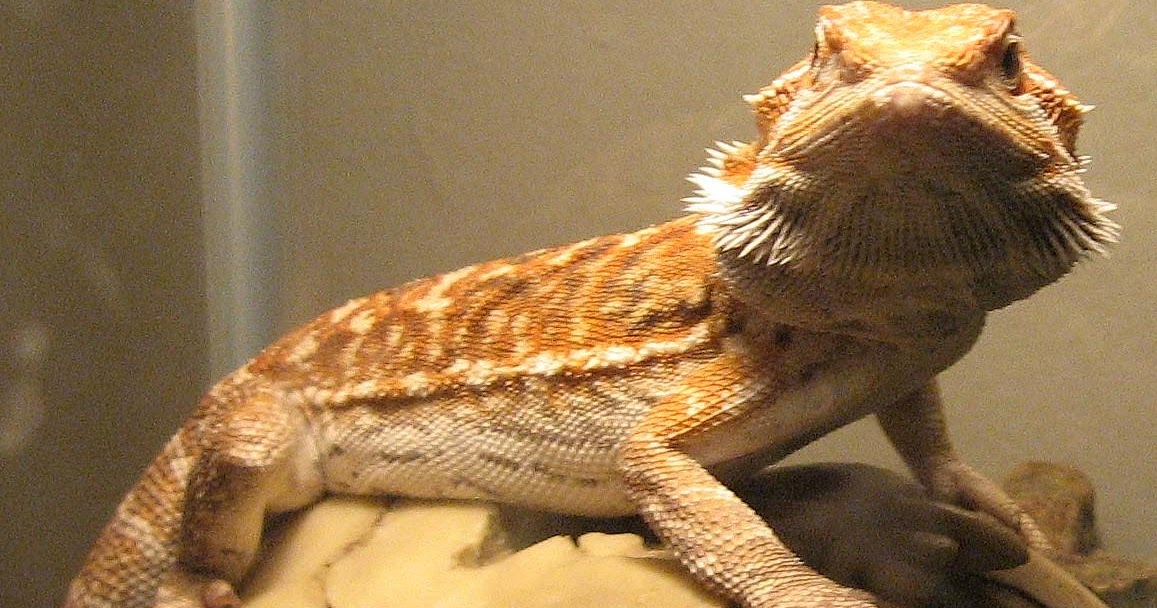Bearded Dragon Bloated: Causes, Symptoms, and Treatment
Bearded Dragon Bloated: Introduction
Bearded dragons are fascinating reptiles that make great pets. They are friendly, easy to care for, and have unique personalities. However, like any other pet, they can sometimes experience health issues like bloating. This condition can be alarming for many pet owners, especially if they are not aware of the causes, symptoms, and treatment options.
What is Bearded Dragon Bloating?
Bearded dragon bloating refers to a condition in which the abdomen of the bearded dragon swells up and becomes distended. This can be caused by a variety of factors such as overeating, constipation, impaction, parasites, and more.
Causes of Bearded Dragon Bloat
There are several reasons why bearded dragons might become bloated. These include:
- Overeating: Bearded dragons love to eat, and sometimes they can eat too much. This can cause their stomach to become distended, resulting in bloating.
- Constipation: If a bearded dragon is not able to pass stool regularly, it can lead to constipation and bloating.
- Impaction: Impaction occurs when a bearded dragon ingests something that is too large or indigestible. This can cause a blockage in the digestive tract and lead to bloating.
- Parasites: Parasites can cause a variety of health issues in bearded dragons, including bloating.
- Disease: Certain diseases can cause bloating in bearded dragons, such as liver disease or kidney failure.
Symptoms of Bearded Dragon Bloat
It’s important to recognize the symptoms of bearded dragon bloating so that you can provide your pet with the right care. Some common symptoms of bearded dragon bloating include:
- Swollen abdomen
- Lack of appetite
- Lethargy
- Difficulty walking
- Difficulty breathing
Treatment for Bearded Dragon Bloat
If you suspect that your bearded dragon is bloated, it’s important to take action right away. Here are some steps you can take:
Step 1: Remove any Substrate
If your bearded dragon is on any substrate, like sand, dirt, or gravel, remove it from the enclosure. The substrate can cause impacted stool and make the bloating worse. Replace it with paper towels or reptile carpet.
Step 2: Increase Humidity
Bearded dragons need a certain level of humidity to digest their food properly. Increasing the humidity in their enclosure can help relieve the bloating. You can do this by misting the enclosure or adding a humidifier.
Step 3: Warm Bath
Giving your bearded dragon a warm bath can also help relieve the bloating. Fill a shallow tub with warm water and let your pet soak in it for 15-20 minutes.
Step 4: Massage the Abdomen
Gently massaging your bearded dragon’s abdomen may help stimulate the bowel movement and get rid of the blockage.
Step 5: Consult with a Vet
If the bloating persists or your bearded dragon starts showing other symptoms, like vomiting or diarrhea, it’s recommended to seek veterinary care. A vet can diagnose the underlying cause of the bloating and provide appropriate treatment.
Preventing Bearded Dragon Bloat
There are several things you can do to prevent bearded dragon bloating:
- Feed your bearded dragon an appropriate diet and avoid overfeeding
- Provide a proper temperature and lighting in the enclosure
- Make sure your bearded dragon is hydrated and drinks plenty of water
- Clean the enclosure regularly to prevent the build-up of bacteria and parasites
Conclusion
Bearded dragon bloating can be a serious condition, but it’s treatable if caught early. Recognizing the symptoms and taking the appropriate steps can help your pet feel better in no time. By following the preventative measures, you can keep your bearded dragon healthy and happy.










